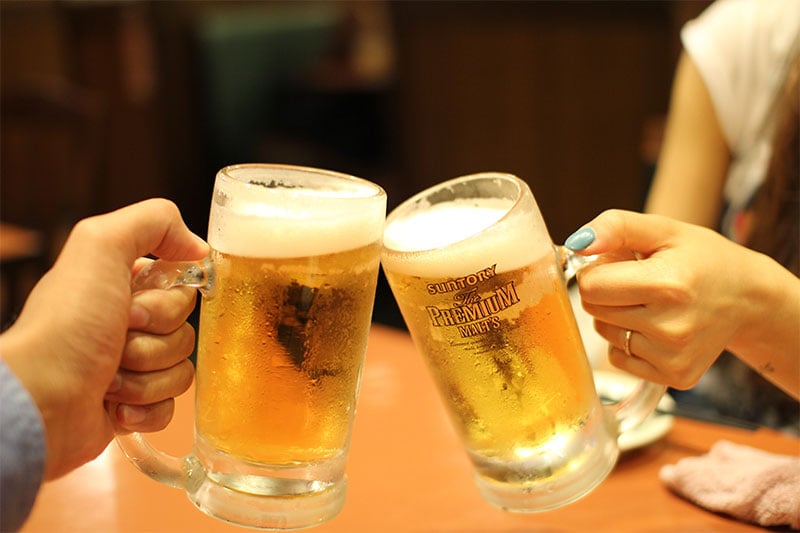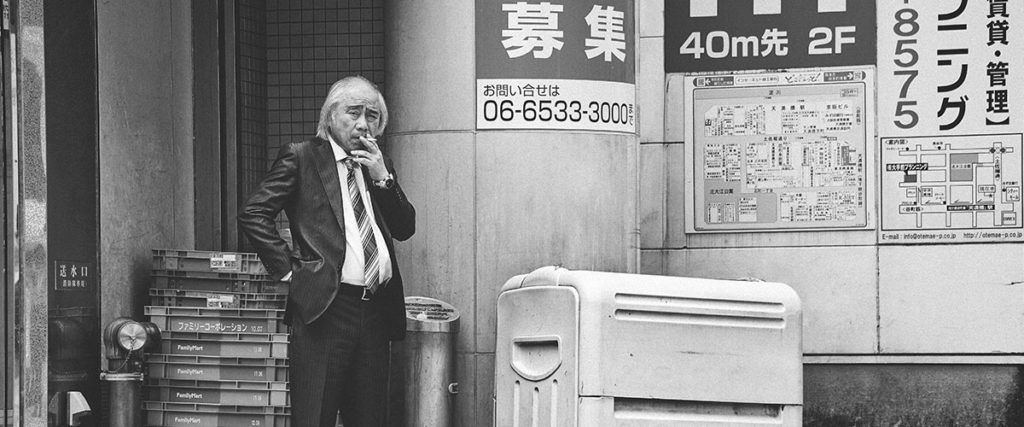Long renowned for its long working hours, deeply hierarchal nature, and emphasis on harmony, it’s safe to say that work culture in Japan is vastly different from the West. Read on to find some of the most distinctive aspects of Japan’s work culture.
If you’re looking to work in Japan, you’re in luck. In recent years, Japan has gradually begun opening its doors to foreign workers in response to workforce gaps left by its ageing population, providing new and exciting work opportunities to over 300,000 blue-collar workers in 14 industries. But, before you start planning your relocation to Tokyo, be prepared: deeply rooted in traditional values, the work culture in Japan may come as a shock to those coming from abroad. So whether you’re thinking of working for a Japanese firm or simply curious, be sure to check out these 5 surprising characteristics of Japan’s exceptionally unique and ritualised work culture.
Long Working Hours
Japan has some of the world’s longest working hours. In fact, their work hours are such a significant issue that ‘karoshi’ – a word that translates as ‘death by overwork’ – is a legally recognised cause of death. The concept of passive endurance and active perseverance, also known as gaman and ganbaru, is highly valued in Japanese culture and clearly reflected in the workplace. According to a survey from the Ministry of Health, Labour and Welfare, nearly one-quarter of Japanese firms had full-time employees who logged over 80 hours of overtime in a single month, with an additional 12% of employees breaking the 100-hour mark. These extra hours are often unpaid. On top of that, many Japanese workers are infamous for not taking their paid leave for fear of inconveniencing their coworkers. But attitudes are changing with a new labour law put in place in 2019 to place limits on Japan’s overworking culture.

Drinking After Work
A form of social etiquette that is integral to traditional Japanese firms is drinking with colleagues after work, or nomikai. Known as nomunication, which combines the Japanese word for drinking, nomu, and the English word communication, this practice is seen as a way of letting loose and is used to strengthen the camaraderie between coworkers, particularly bosses and employees. These late-night drinking sessions with the boss can sometimes go on for hours until someone finally relents or passes out. Nomikai is part-and-parcel of networking in Japan, and participation in such events can provide opportunities for employees seeking to climb the corporate ladder. Recently, however, there’s been a growing backlash against the practice of nomunication with many of the younger generation of workers beginning to abstain.
Seniority System
Japanese society places strong importance on the hierarchical relationship between a senior and a junior. Known as the nenkou-joretsu system, this principle is one that permeates Japan’s corporate culture, which places respect and value on seniority. The importance of hierarchy is rooted in Confucianism, which emphasises social relationships based on each individual’s position in society. For many years, Japanese companies also maintained a seniority-based wage and promotion system. This meant that all new employees would be issued a standard basic wage and receive pay increases or promotions based on their years of service rather than on merit. This practice discouraged employees from changing jobs as employees who left to join another firm would likely have to start from the bottom of the totem pole again on a lower salary. In recent years, however, Japanese firms have been seeing a change from the seniority system to the more globally recognised merit-based system.
You might also like 9 Tips for a Foreign Entrepreneur in Japan

Group Harmony
Perhaps one of the most important values of Japanese culture, group harmony (wa) prioritises the needs of society rather than personal interest or opinion. Instead of making decisions based on individual authority, Japanese companies tend to take a holistic approach, emphasising group consensus in order to maintain peaceful cooperation within the organisation. Employees are expected to go above and beyond to make accommodations with one another in the name of harmony. For instance, workers may refrain from taking holidays to avoid becoming a burden to colleagues or work overtime as leaving early is often deemed to exemplify individualism and selfishness, thereby breaking the so-called ‘harmony’ of the team, further contributing to the issue of death by overwork. On a more positive note, Japanese managers are also often responsible for taking up the role of a mentor, providing their employees with guidance whilst encouraging group harmony.
Open-plan Workspace
Japan’s emphasis on harmony between employees extends to the layout of the office, which often has desks grouped together by teams. Rather than having individual cubicles, the open structure of the office, or obeya-seido, seeks to break down barriers between coworkers in order to facilitate communication and cohesion in the workplace. Due to the open plan of the office, it is not uncommon for Japanese workplaces to be crowded and noisy, which may come as a surprise to those who are used to a quieter office setting. For many years, smoking also played a large role in Japan’s work culture, with companies setting up designated smoking areas for employees, although more and more companies have begun adopting a no-smoking policy.
Related Articles
Tapping into Japan’s Cultural Identity: 4 Marketing Tips to Succeed
Startup Lady Japan: The Firm Helping Women Overcome Japanese Work Culture





